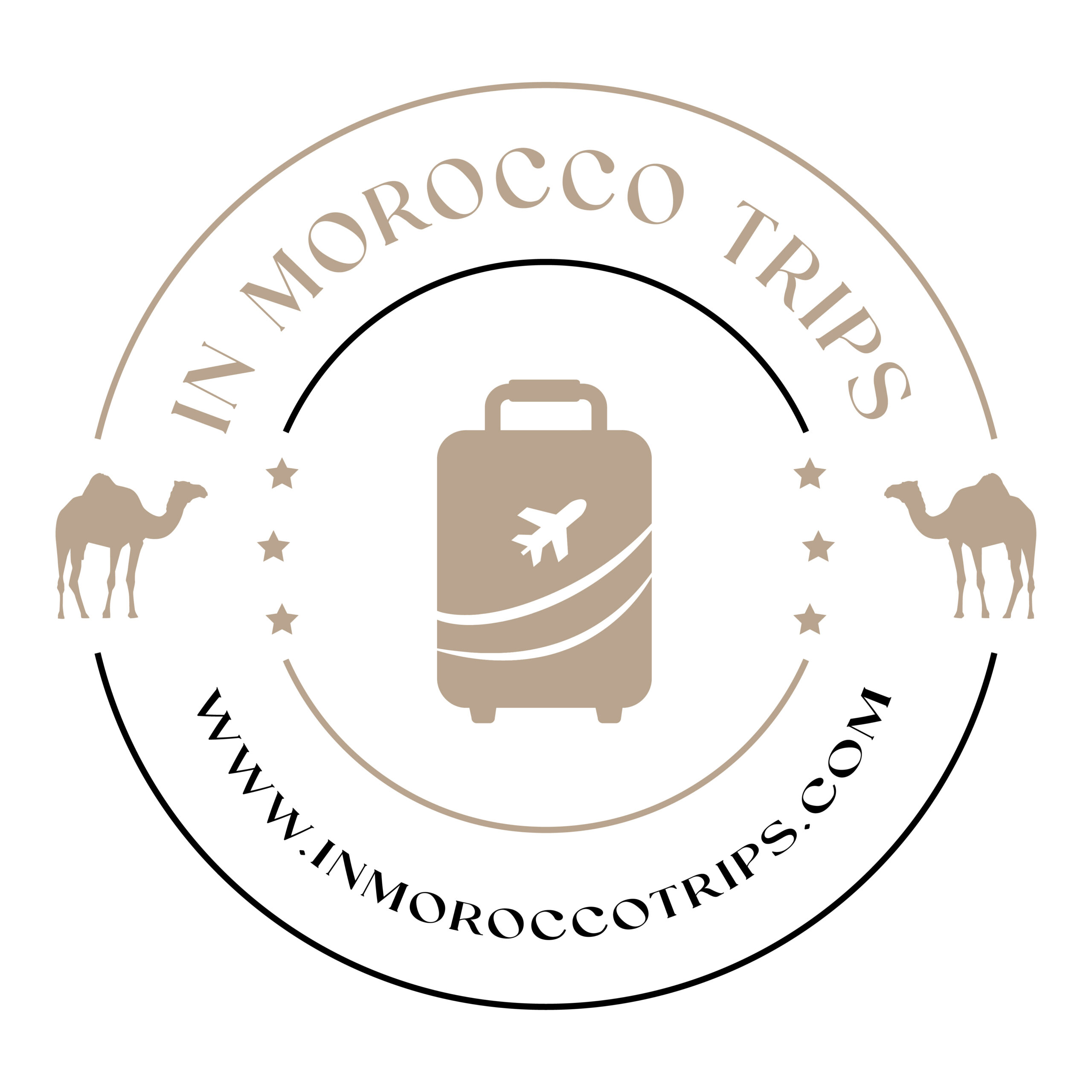10 Common Mistakes to Avoid When Visiting Morocco
Morocco is a captivating destination full of vibrant culture, stunning landscapes, and rich history. However, traveling here without proper preparation can lead to some common pitfalls. To help you have a smooth, respectful, and enjoyable trip, here are 10 essential mistakes to avoid when visiting Morocco — along with practical tips on what to do instead.
1. Not Dressing Modestly
Morocco is a culturally conservative country, especially outside of major tourist cities. Wearing revealing or tight clothing may draw unwanted attention and could make you feel uncomfortable. To show respect for local customs and blend in more easily, it’s best to cover your shoulders and knees—particularly when visiting rural areas, religious sites, or traditional markets. Opt for lightweight, loose-fitting clothing to stay comfortable while remaining modest.
2. Only Visiting Marrakech
Marrakech is undoubtedly a must-see, but limiting your trip to this one city means missing out on the rich diversity Morocco has to offer. Cities like Fes, with its ancient medina, the blue-washed charm of Chefchaouen, and the vast beauty of the Sahara Desert each provide unique and unforgettable experiences. Expanding your itinerary beyond Marrakech will give you a deeper, more authentic taste of Moroccan culture and landscapes.
3. Overpacking for the Sahara Desert
The Sahara’s climate is extreme—scorching hot during the day, cold at night, and filled with ever-present sand. Overpacking bulky clothes or heavy luggage can make your journey uncomfortable and cumbersome. Instead, pack light: choose breathable layers for the heat and warm clothing for the chilly nights. Be prepared for sand to get into everything—pack smart and protect your gear accordingly.
4. Not Negotiating Prices
Haggling is an expected part of shopping in Moroccan souks and markets. Vendors often quote inflated prices initially. If you don’t negotiate, you’ll likely overpay. Bargaining is not only about price but also a cultural experience and a way to connect with locals. Approach negotiations with a friendly attitude and be prepared to walk away if the price doesn’t feel right.
5. Expecting to Navigate Medinas Without a Plan
Moroccan medinas are labyrinthine, with narrow, winding alleys that are easy to get lost in. Trying to explore without a map or guide can waste hours and cause frustration. Use offline maps, download navigation apps like Maps.me, or hire a local guide through your hotel to save time and enjoy the adventure without stress.
6. SKIPPING A SATY in a Traditional Riad
Many travelers opt for modern hotels, missing out on the charm of Moroccan riads—traditional guesthouses with beautiful courtyards, intricate tilework, and authentic ambiance. Staying in a riad offers a more intimate and culturally rich experience, often with personalized service that enhances your visit.
7. Drinking Tap Water
Tap water in Morocco is generally not safe for tourists and can cause stomach upset. To avoid illness, always drink bottled water and use it for brushing your teeth. Be cautious with raw fruits and vegetables washed in tap water, especially from street vendors.
8. Falling for Unofficial Street Guides
Street guides can be persistent and sometimes lead tourists to shops where they earn commissions. To avoid scams or uncomfortable situations, only hire guides recommended by your hotel or reputable agencies. Politely decline unsolicited offers and stay aware of your surroundings.
9. Assuming Everyone Speaks English
While English is common in tourist areas, many Moroccans primarily speak Arabic or French. Learning a few basic phrases (like “Salam” for hello, “Shukran” for thank you) or using a translation app will help you communicate better and show respect, often resulting in warmer local interactions.
10. Not Carrying Enough Cash
Many small vendors, taxis, and local services only accept cash, often in small denominations. ATMs can be scarce or empty, especially in rural areas. Always carry sufficient cash and small bills to cover daily expenses, tips, and unexpected purchases.
Bonus Tips to Keep in Mind
● Protect yourself from the sun: Morocco’s sun is intense. Use sunscreen, wear hats and sunglasses, and stay hydrated to avoid sunburn or heat exhaustion.
● Handle taxis wisely: Always agree on the fare before starting your ride or insist on the meter. For longer trips, consider pre-booking private drivers to avoid overcharging.
● Experience a hammam: Don’t miss the traditional Moroccan bathhouse experience for relaxation and cultural immersion.
● Tip appropriately: Tipping is customary and appreciated in Morocco. Small tips for servers, guides, and attendants show respect and gratitude.
